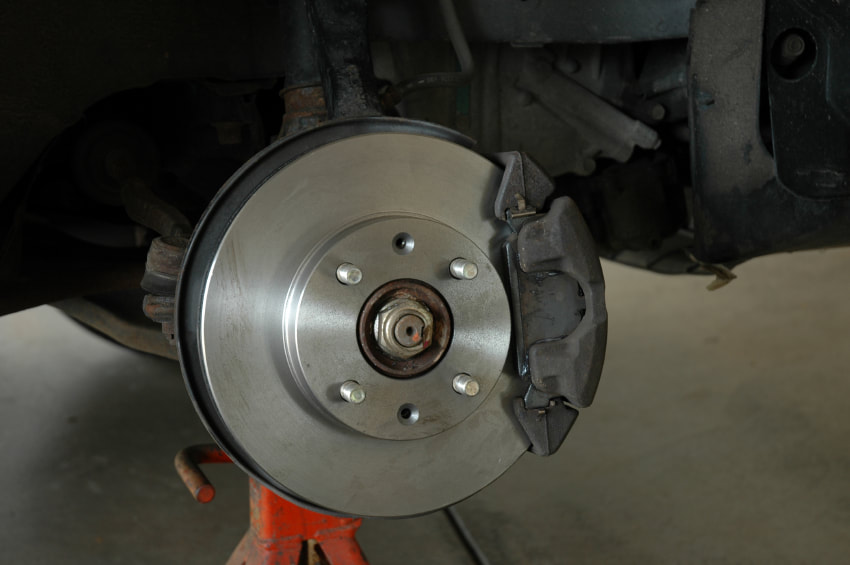When to Replace Your Brake Pads
If you're unsure whether your brake pads need to be replaced, it's always a good idea to take your car in for a brake inspection and have a local auto mechanic look. They can give you an accurate estimate of how much life is left in your current brake pads and whether they need to be replaced.
Replacing your brake pads can be a bit of a hassle, but keeping your car safe on the road is worth doing. Make sure to budget for new brake pads when setting your car maintenance budget, and remember to replace them regularly - typically every 50,000 miles or so.


 RSS Feed
RSS Feed